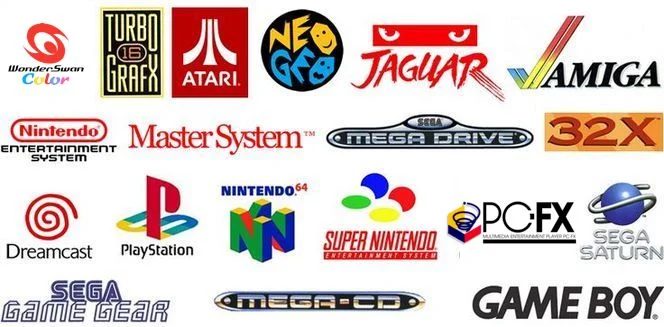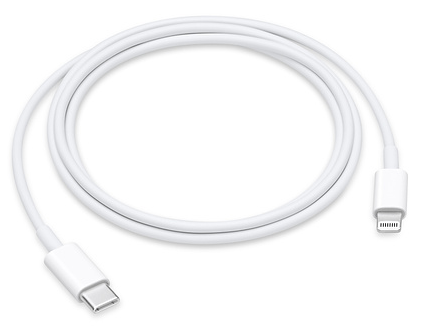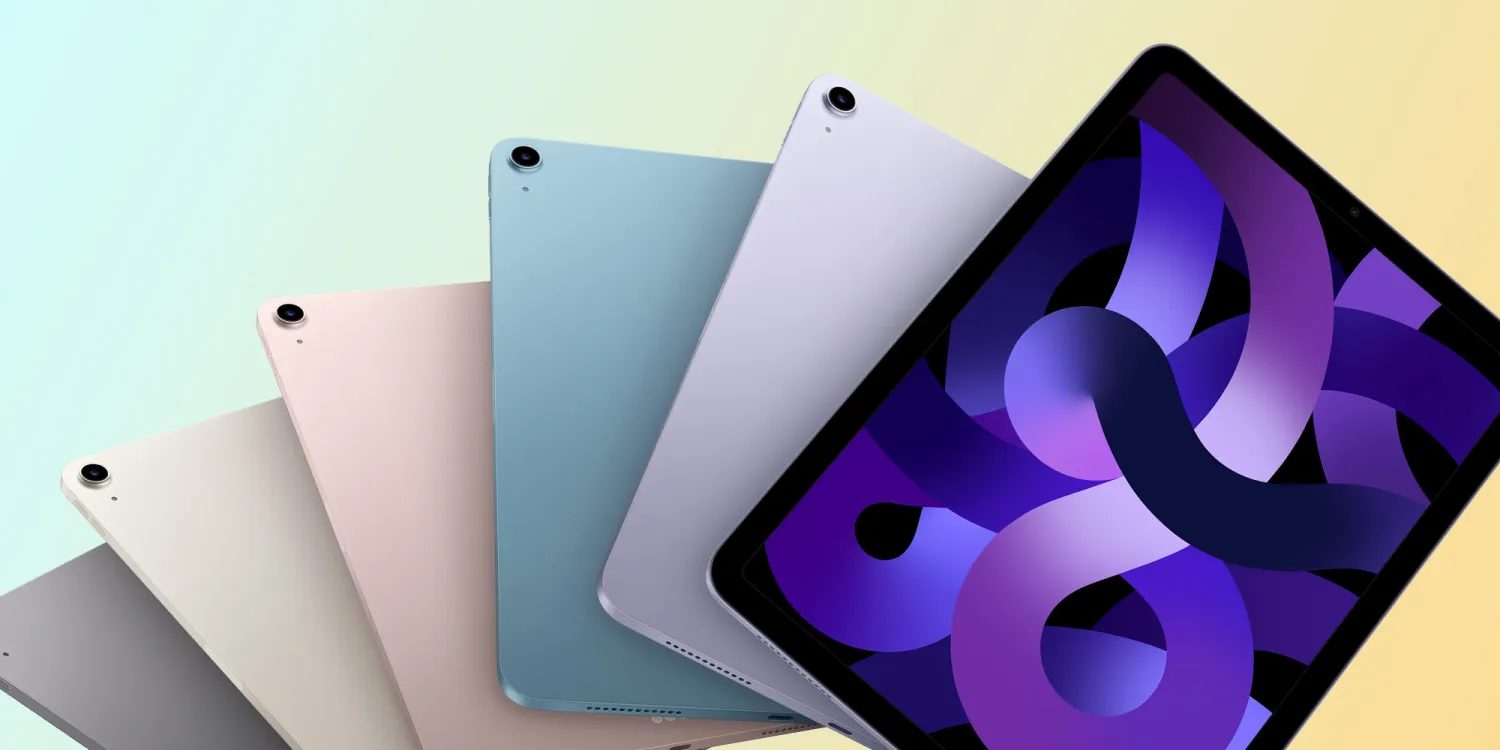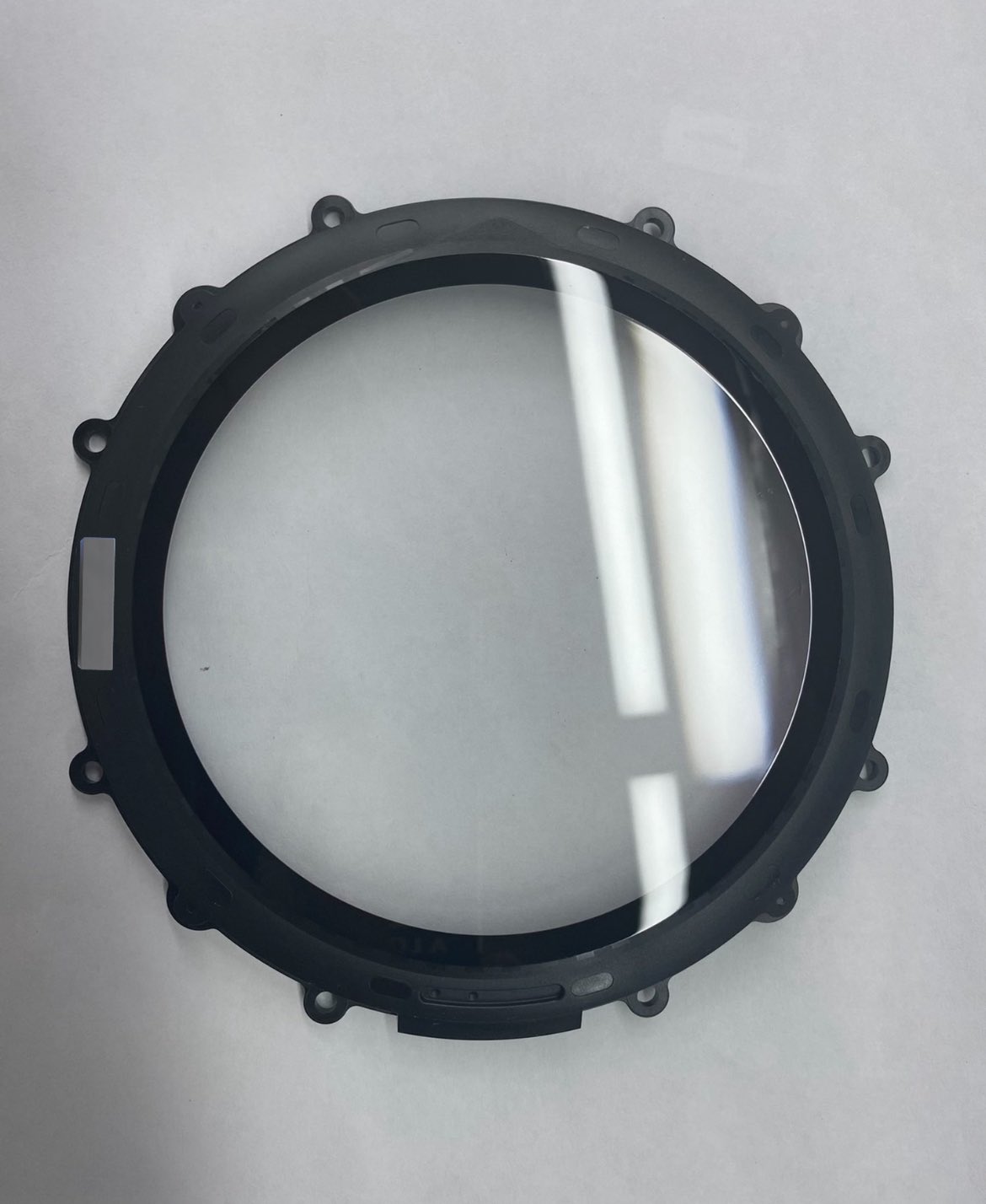
EU Forces Apple’s Hand: USB-C iPhone Law Approved

The European Council on Monday rendered its “final approval” for new European Union (EU) legislation that will force USB-C adoption on most devices from technology companies — most notably Apple, which has held out on iPhones and AirPods while transitioning the rest of its product portfolio to the almost-universal standard.
It looks like the days of enthusiasts jury-rigging iPhones with USB-C ports might soon come to an end, though. Come late 2024, Apple — and other tech manufacturers — will be required to have USB-C ports on most devices.
The European Council announced the decision in a press release. “It will no longer be necessary to buy a different charger every time you purchase a new mobile phone or similar device: all of them can be recharged using the same charger,” the Council said.
The EU’s new rules will mandate USB-C ports on:
- mobile phones
- tablets and e-readers
- digital cameras and video game consoles
- headphones, earbuds, and portable loudspeakers
- wireless mice and keyboards
- portable navigation systems
“We all have at least three mobile phone chargers at home. Looking for the right charger, either at home or at work, can be quite annoying,” said Jozef Síkela, Czech Minister of Industry and Trade. “On top of this, these chargers amount to 11.000 tonnes of e-waste every year. Having a charger that fits multiple devices will save money and time and also helps us reduce electronic waste.”
The EU’s common charger mandate has been more than a year in the making. A proposal to adopt USB-C was first tabled by the European Commission in September 2021.
Now that the Council has approved the proposal, the legislative act has been adopted by the EU. Next, it will be signed by the President of the European Parliament and the President of the Council, after which it will be published in the Official Journal of the European Union.
The legislation will enter into force 20 days after it is published in the Journal, and the regulations defined therein will start to apply 24 months after the entry into force. For laptops, all of the same rules will be applicable but won’t go into effect until 40 months after the legislation’s entry into force.
The EU’s new common charger law goes beyond just mandatory USB-C adoption. Manufacturers will also be required to include a newly-introduced pictogram indicating a device’s charging performance and whether it comes with an included charger on product packaging.
What’s more, the directive will force companies to let consumers choose whether they want to purchase a new device with or without a charger — a choice that was taken away from buyers when smartphone companies stopped including chargers, an industry trend Apple pioneered with the iPhone 12 in 2020.
With the EU spelling the end for proprietary connectors like Apple’s ancient Lightning port, the rest of the world will likely follow in the footsteps of the European Parliament’s common charger directive. There has already been chatter of U.S. senators wanting to standardize USB-C for mobile devices.
While Apple has strongly opposed the EU’s call for a common charger, the tech giant could see lawmakers breathing down its neck and has already been testing iPhones with USB-C ports internally. We could see Apple launch the first iPhone with a USB-C port as early as next year.

